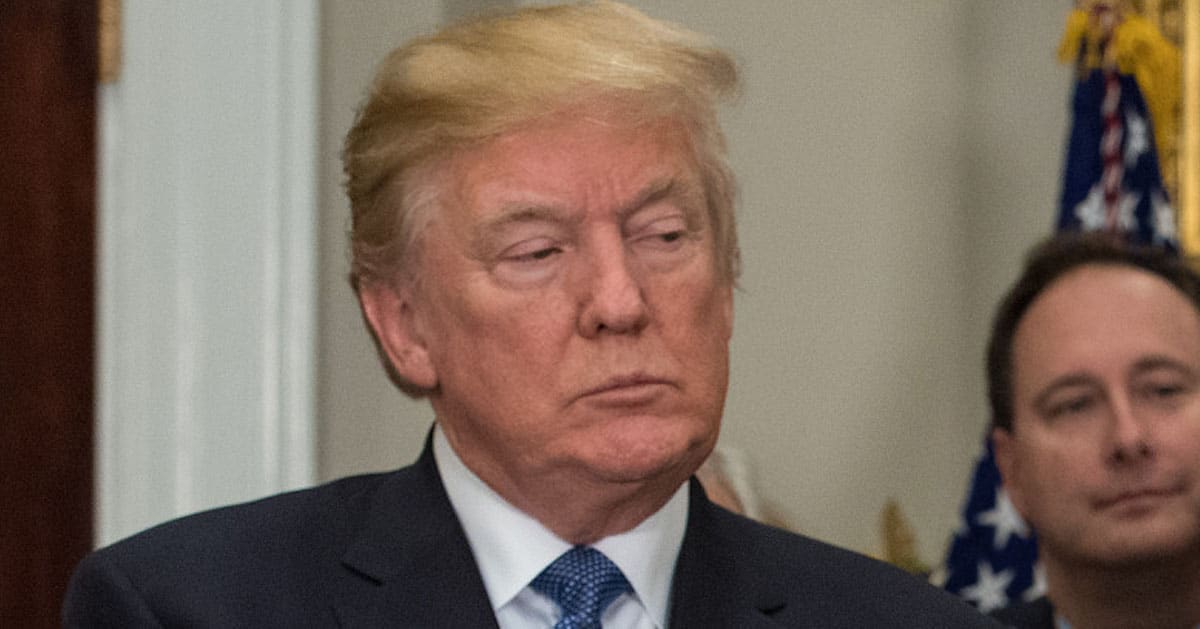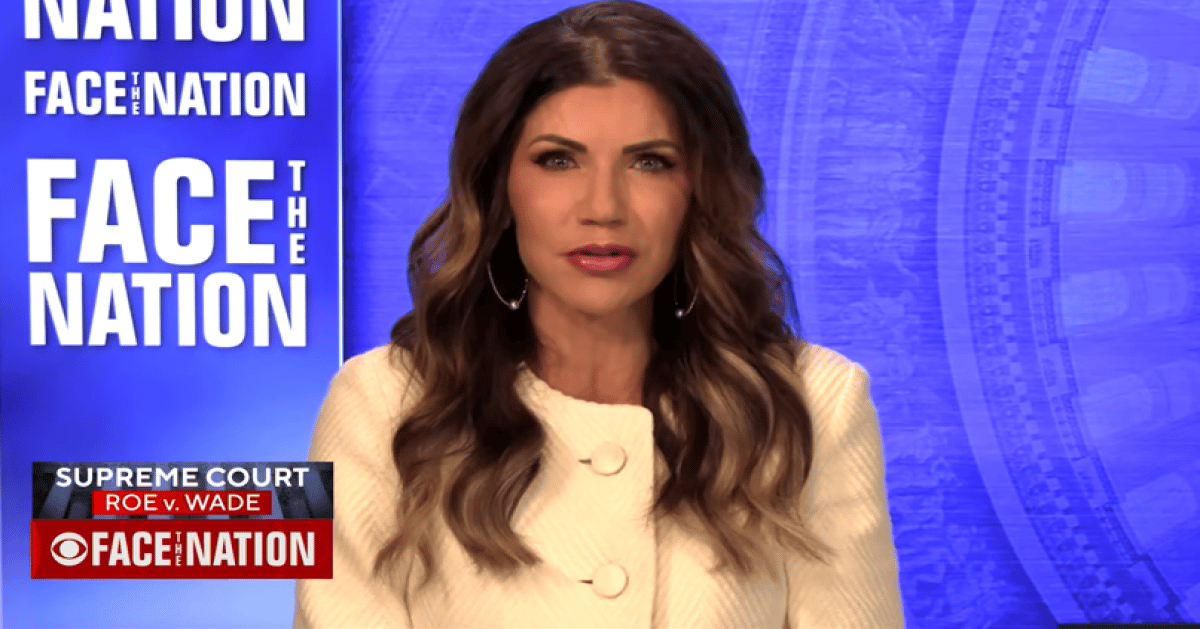





In the aftermath of an electoral defeat, Vice President Kamala Harris’ team has turned to external factors, particularly citing President Joe Biden's influence, as key reasons for their campaign struggles according to The Daily Beast.
The team's focus on external blame has ignited debate among progressives and political strategists who argue that internal campaign choices are not immune to criticism.
The Harris campaign has directed criticism at President Biden, highlighting how his choices impacted their election outcome.
As noted in their interview with The Atlantic, a significant narrative from Harris' team has been to attribute their loss to Biden's perceived unpopularity. The claim that the president’s standing with voters adversely affected Harris has attracted scrutiny within political circles.
Despite their externalization of blame, Harris’ team maintains that they exerted considerable effort to ensure a successful campaign.
Nevertheless, some progressives and political experts have voiced that internal strategic errors may have compounded their difficulties. Criticisms include Harris' apparent inability to distance her messaging from Biden, her associations with controversial figures such as Republican Liz Cheney, and her hesitance to engage fully with her prior progressive stances.
David Plouffe, a senior adviser to the Harris campaign, expressed criticism of President Biden's decision-making.
He described Biden's decision not to step back from the race earlier as a critical misstep, which he termed as the party's "cardinal sin." Plouffe further elaborated on the constraints the campaign faced, particularly in managing their messaging within a limited timeline.
Plouffe illustrated the challenging nature of the campaign environment, likening the pressures to a condensed narrative without room for a gradual build-up. According to Plouffe, if given the luxury of time, the campaign could have systematically storyboarded and followed a coherent arc in their strategy.
The viewpoint that Biden's involvement was a limiting factor is echoed within the consensus of Harris’ team. They point to the swift nature of the campaign and how it forced them to simultaneously address multiple high-stakes issues ranging from border control to economic policies.
For a campaign typically needing a coherent plan over several months, this compressed strategy was less effective.
In the strategic discussions on "Pod Save America," aides emphasized that the campaign had to remain focused on building moderate support. Plouffe cited the successful examples of former President Obama’s campaigns, which thrived on broad, moderate appeal, as part of their guiding philosophy.
Nevertheless, the insistence on navigating a polarizing political environment meant that the campaign also had to grapple with maintaining a singular focus: preventing a potential Trump resurgence. According to Plouffe, this atmosphere made the electoral win exceptionally difficult.
As the team defended their strategic choices, they reiterated their aims to highlight Harris’ candidacy. However, they acknowledged the challenges posed by trying to elevate her profile in a politically charged and unpredictable landscape.
Despite determined efforts to create a favorable narrative for Harris, the campaign faced mounting difficulties due to the overarching public perception of the party and other political dynamics beyond their immediate control.
Plouffe suggested that with the existing headwinds the party faced, the odds of securing a win were inherently slim. This sentiment reflects a broader acceptance of the eventual outcome among the campaign's senior ranks.
Harris' team also directed focus on the implications of maintaining party unity while addressing pressing voter concerns. Their approach mirrored past successful campaigns but struggled to resonate amid divisive national sentiments and the significant background noise of other pressing issues.
Moreover, the campaign aides such as Jen O'Malley Dillon, Quentin Fulks, and Stephanie Cutter, stood by their efforts. They emphasized that maneuvering through such a turbulent political terrain inherently required balancing multiple objectives, including mitigating risks associated with a Trump re-election.



